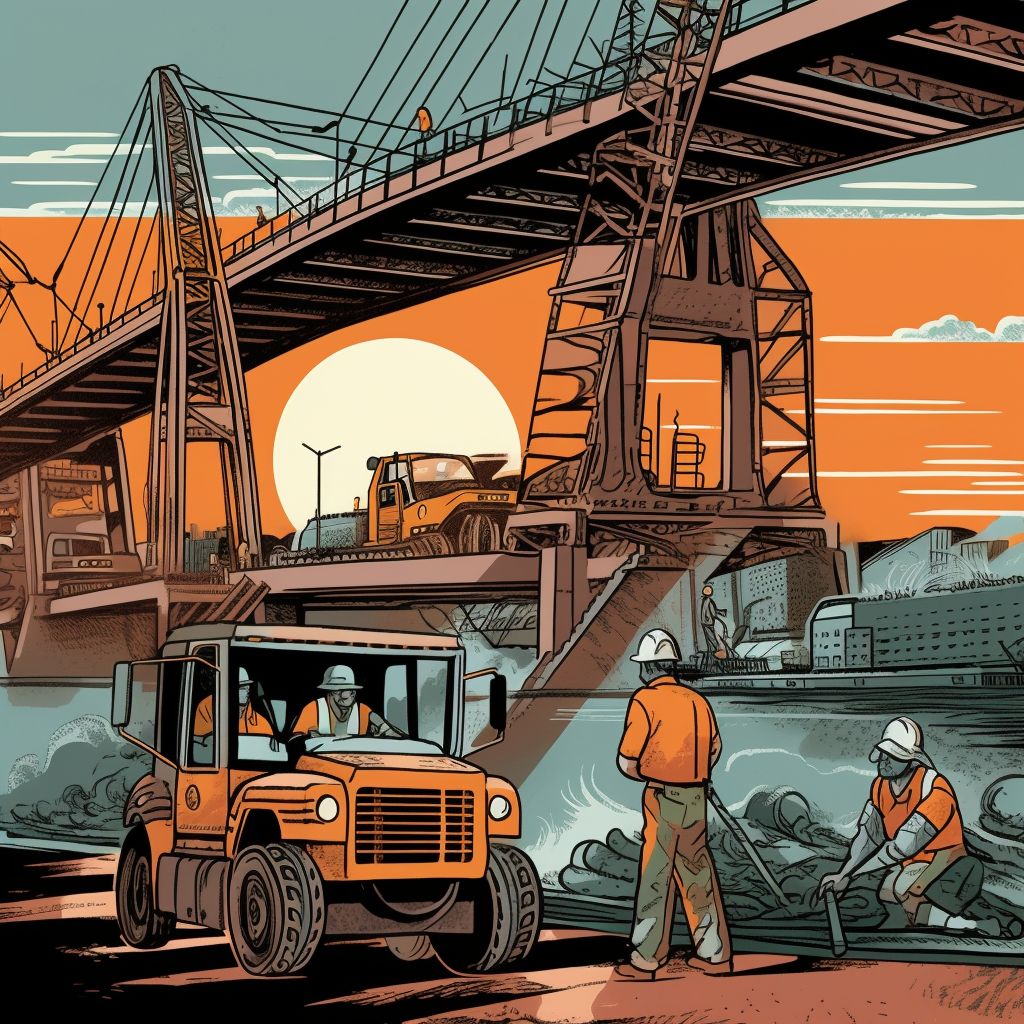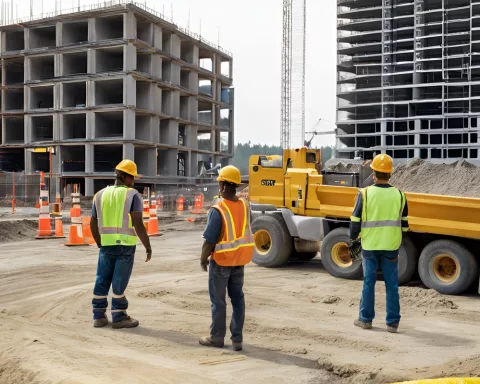South Africa has been struggling with high unemployment rates for a long time, which have only been further exacerbated by the COVID-19 pandemic. To combat this issue, the government has made job creation a priority in its economic recovery plan. One sector with tremendous potential for employment is the construction industry, and the Ministry of Public Works and Infrastructure is leading the charge in transforming the country into a bustling construction site.
Developing Infrastructure for Sustainable Economic Growth
To achieve this goal, the government is focused on developing infrastructure that will promote sustainable economic growth, attract private sector investment, and create employment opportunities across various sectors. The 2014 Infrastructure Plan serves as a blueprint for this effort, aiming to create efficient, reliable, and affordable infrastructure that will support economic development.
Key Strategies for Promoting Employment in the Construction Industry
One of the primary strategies for increasing employment within the construction industry is the implementation of the Expanded Public Works Programme (EPWP). This program is designed to provide training and employment opportunities to those who are unemployed or underemployed, equipping them with valuable skills that can be used for future employment. The EPWP offers training in several fields, including construction, maintenance, and environmental management.
Addressing Historical Imbalances in the Construction Industry
In addition to the EPWP, the government is also committed to addressing historical imbalances within the construction industry, particularly in terms of professional representation. The Ministry of Public Works and Infrastructure has pledged to reassess professional services, address skills gaps, and provide mentorship programs to graduates to ensure that the industry is more representative and inclusive.
Overall, the government’s focus on infrastructure development and employment creation is an ambitious and necessary undertaking. By prioritizing sustainable economic growth and job creation, South Africa can begin to address the root causes of its unemployment crisis and build a more prosperous future for all its citizens.












